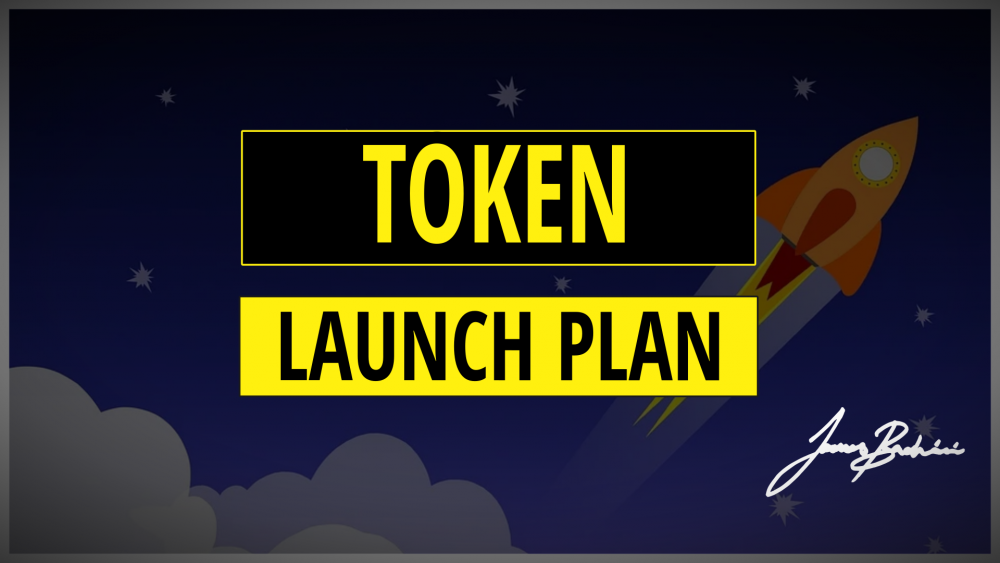Many newcomers are curious: With so many tokens on the blockchain now, how much would it cost if I create one myself? This question is both complex and straightforward. The complexity lies in the fact that costs vary drastically depending on the type of token, blockchain, and methodology. The simplicity comes from the fact that token creation costs are mostly transparent and predictable.
This article uses PandaTool as an example to break down the specific costs of creating a token. Note: This guide is tailored for crypto newcomers or individuals. Costs for large projects with dedicated teams fall outside our discussion scope.
I. Factors Affecting Costs
Estimating costs is challenging due to variables such as:
Blockchain Choice: Costs differ significantly across chains (tool fees, Gas fees, etc.).
Liquidity Pool: Even on the same chain, different pool configurations incur varying costs.
Internal vs. External Markets: Costs differ between on-chain and off-chain deployments.
Marketing: Expenses for promotions, logo integration, and platform-specific requirements.
We’ll provide a general cost overview rather than exhaustive details—enough to set realistic expectations.
II. Token Creation Costs by Blockchain
Ethereum
Ethereum is often dubbed the “noble chain” due to its high token creation costs. Using PandaTool, creating a token on Ethereum incurs a 0.03 ETH tool fee. With an assumed gas price of 16, the gas fee adds roughly 0.02 ETH. The total cost is 0.05 ETH. At an ETH price of 2,500 USDT, this translates to $125.Binance Smart Chain (BSC)
BSC is significantly cheaper than Ethereum. PandaTool charges 0.05–0.2 BNB based on token templates, with negligible gas fees. Assuming BNB is priced at 700 USDT, the total cost ranges from 25to140.Solana
Solana focuses on standard tokens with no complex templates. The fixed creation fee is 0.1 SOL, and gas fees are negligible. At a SOL price of 180 USDT, the total cost is $18—much lower overall.Base Chain
As an Ethereum Layer 2 chain, Base prioritizes affordability and speed. Creating a token via PandaTool costs 0.01 ETH, with negligible gas fees. At ETH=2,500 USDT, the total cost is $25—far cheaper than Ethereum.TRON
TRON operates as an independent chain with high token creation costs. PandaTool charges at least 600 TRX, plus ~160 TRX in energy fees. The total cost is ~760 TRX. At TRX=0.25 USDT, this equals $197—relatively expensive.Polygon
Polygon offers the lowest fees among all chains. PandaTool charges 20 MATIC, with negligible gas costs. At MATIC=0.25 USDT, the total cost is just $4—ideal for low-budget testing.Sui Blockchain
Sui, a Move-based blockchain, requires 19.5 SUI tokens for token creation via PandaTool. With SUI priced at 3.3 USDT, the total cost is $60.TON Blockchain
TON, deeply integrated with Telegram, charges 9.5 TON for token creation. At TON=3.5 USDT, the cost is $34—not the cheapest but reasonable.
Below is a breakdown of fees across popular blockchains using PandaTool:
| Blockchain | PandaTool Fee | Gas Fee | Total Cost | USD Equivalent* | Notes |
|---|---|---|---|---|---|
| Ethereum | 0.03 ETH | 0.02 ETH | 0.05 ETH | $125 | Highest cost, high-budget projects |
| BSC | 0.05–0.2 BNB | Negligible | 0.05–0.2 BNB | 25–140 | Flexible token templates |
| Solana | 0.1 SOL | Negligible | 0.1 SOL | $18 | Cost-effective for Meme tokens |
| Base | 0.01 ETH | Negligible | 0.01 ETH | $25 | Ethereum Layer 2: fast & cheap |
| TRON | 600 TRX | 160 TRX (energy) | 760 TRX | $197 | Independent chain, high fees |
| Polygon | 20 MATIC | Negligible | 20 MATIC | $4 | Cheapest option, ideal for testing |
| Sui | 19.5 SUI | Negligible | 19.5 SUI | $60 | Move-based chain, tech complexity |
| TON | 9.5 TON | Negligible | 9.5 TON | $34 | Integrated with Telegram |
*Assumed token prices: ETH=2,500,SOL=180, TRX=0.25,MATIC=0.25, SUI=3.3,TON=3.5.
III. Key Takeaways
Cost Comparison:
Polygon (4)<Solana(18) < TON (34)<Base(25) < BSC (25–140) < Sui (60)<TRON(197) < Ethereum ($125).Newbie-Friendly Options:
Lowest Cost: Polygon ($4) for trial runs.
Mainstream Choice: Solana balances cost and ecosystem activity.
Layer 2 Advantage: Base offers Ethereum security at 1/5 the cost.
Notes:
Costs fluctuate with token prices.
TRON’s high fees stem from its independent energy mechanism.
Marketing perks: Chains like Solana/TRON auto-add logos, unlike Ethereum.
Final Advice
Cost isn’t the only factor—consider blockchain traction. While Polygon is cheap, Ethereum’s legitimacy attracts serious projects. Solana and TRON offer logo automation, a unique edge.
For deeper insights, stay tuned for Panda Academy’s upcoming guides.






